For more than 66 years abortion was considered a crime in South Korea because many believed the rights of the fetus superseded a woman's autonomy.
However, on April 11, 2019, it was ruled that the criminalization of abortion was unconstitutional, sparking much controversy in the nation.
Most recently, abortion has been a topic of heated conversation due to the allegations against rising K-Drama star Kim Seon-ho. You can check out the latest information on that here.
*Please note that the following is based on facts regarding abortion controversy and legal rulings. Personal opinions have not been included.
The Criminalization Of Abortion
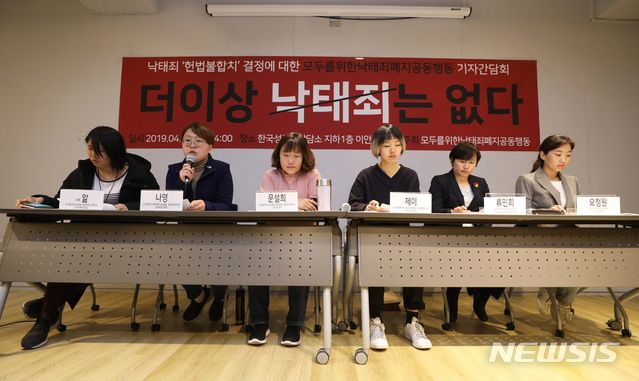 Source: 뉴시스
Source: 뉴시스
On April 11, 2019, the law that stated women who self-induced abortions would be subject to up to a year in prison or up to 2 million won in fines (Korean Criminal Code; Article 269) was declared unconstitutional by the Korean Constitutional Court and ordered the law to be amended, as well as the law that banned women from seeking abortions from medical professionals (Article 270).
The Court proposed that in order to protect the autonomy of women, sufficient time should be given to allow them to decide whether to continue the pregnancy or terminate it, so the provisional law allowed abortions until 22 weeks gestation.
The proposed amendment, however, allowed for abortion up through just 14 weeks, and after that, up through the 24th week only in special circumstances, such as a health risk to the mother or a pregnancy that was the result of rape.
A Change In Opinion
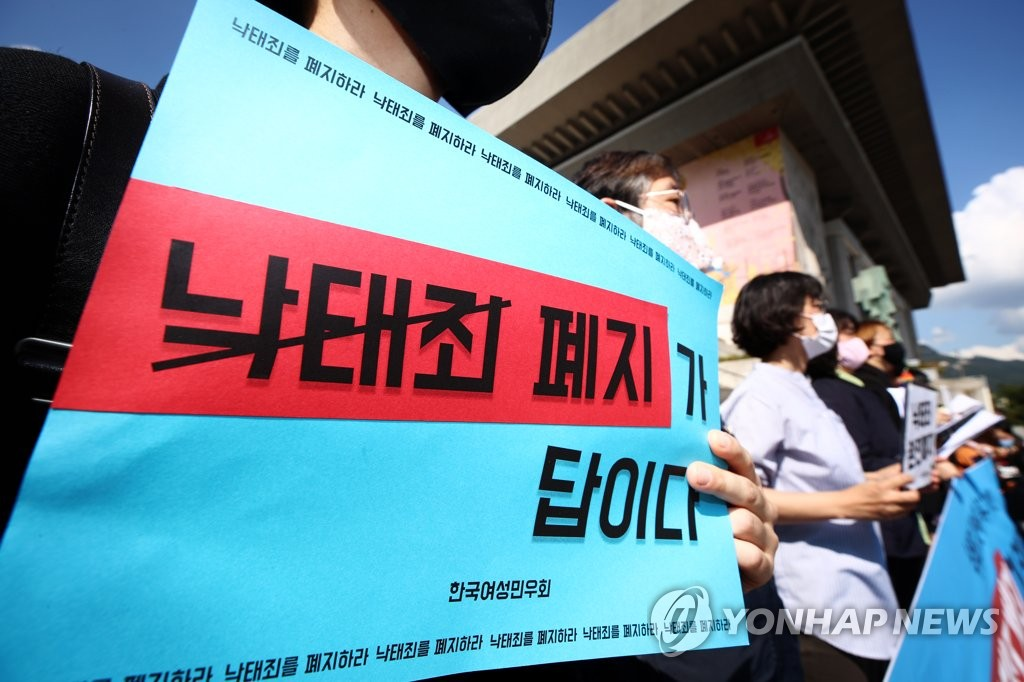 Source: 연합뉴스
Source: 연합뉴스
For many years, abortion was banned, with exceptions for certain circumstances such as rape, incest, or a health risk to the mother being added in the 1970s.
Even as recently as 2012, lawmakers voted to uphold the law that made abortion a crime, stating that the fetus was its own person with its own rights to be protected.
However, when it was brought up again in 2019, the discussion had different results and on April 11, 2019, 7 of the 9 justices of the Korean Constitutional Court ruled that the criminalization of abortion was unconstitutional as it infringed on women's rights to bodily autonomy.
Official Amendments
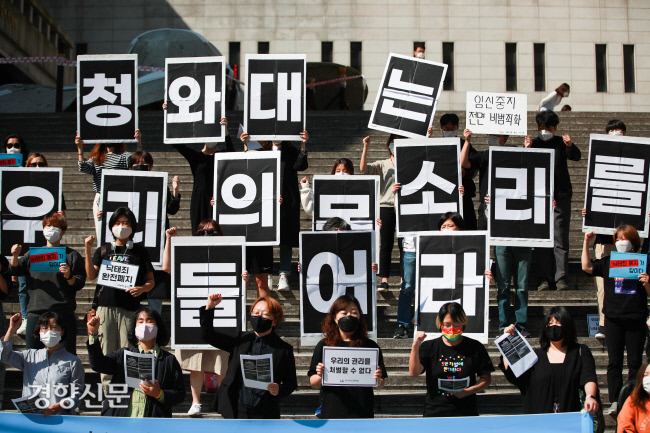 Source: 경향신문
Source: 경향신문
The verdict in 2019 stated that lawmakers had through the end of 2020 to revise the abortion ban, or else it would be nullified.
They put forth a proposal to allow abortion up to 14 weeks gestation, with certain exceptions.
In the case of rape, incest, economic reasons, and mental or physical health problems, abortions could be permissible up to 24 weeks gestation.
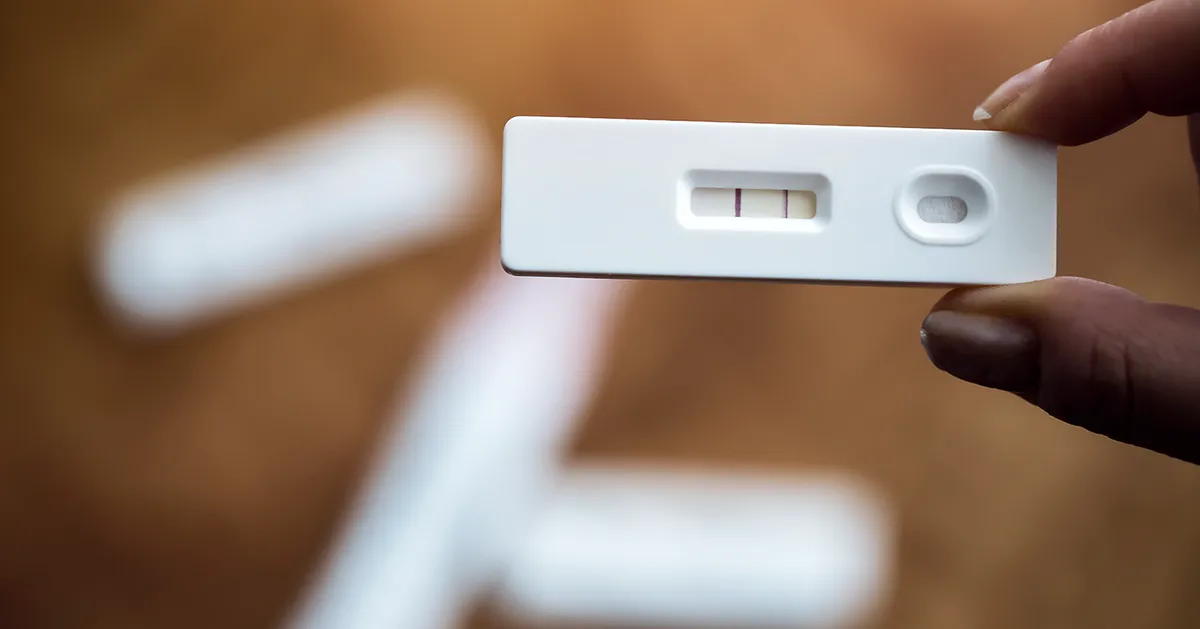
Though the amendment is a seemingly progressive move, the fact remains that abortion is still only conditionally decriminalized due to the nullification of articles 269 and 270, and the individual legislative branches have varying opinions of their own on the matter.
Some politicians believe that additionally, other supporting legislation should be enacted, such as protecting doctors' religious and personal choices to not perform an abortion. Also, past 22 weeks gestation, there is controversy over what to do if the fetus is born alive, but still not able to live on its own. Would an abortion performed due to a medical emergency in that situation be considered a homicide?
The Korean Society of Obstetrics & Gynecology, the Korean Society of Maternal & Child Medicine, and the Korean Society of Obstetricians & Gynecologists expressed their position at the end of 2020, strongly urging lawmakers to create a bill that includes the right for doctors to refuse abortion services.
An End To Criminalization Of Abortion
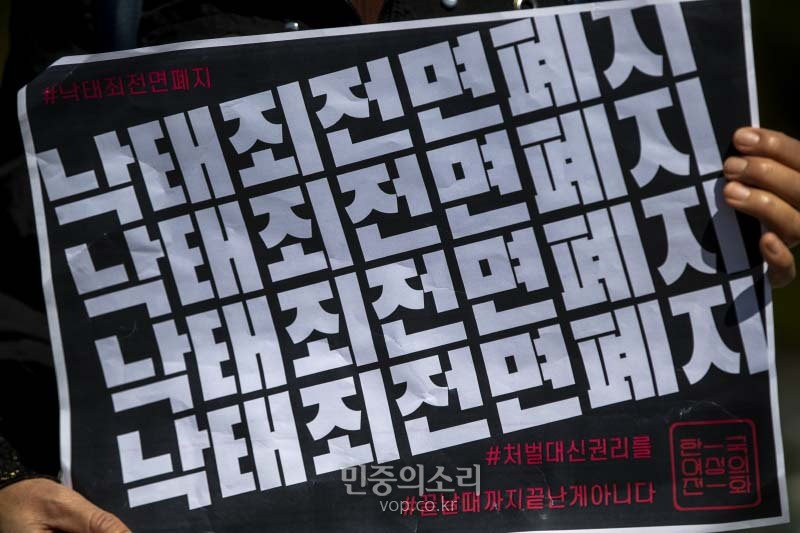 Source: 민중의소리
Source: 민중의소리
At the beginning of 2021, the abortion ban became officially null and void.
In August of 2021, it was announced that women would be able to have one-on-one consultations with a doctor in regards to abortion so that they can make safe and informed decisions. This consultation was set at an affordable rate that is partially covered by the National Health Insurance System, however the actual abortion procedures are not covered, which some say needs to change so that all women have affordable access to abortion in the early stages of pregnancy.
There are still more supporting laws that will need to be discussed and put into action and currently there are bills pending decision before the National Assembly.
Ineffectiveness Of The Crime Bill
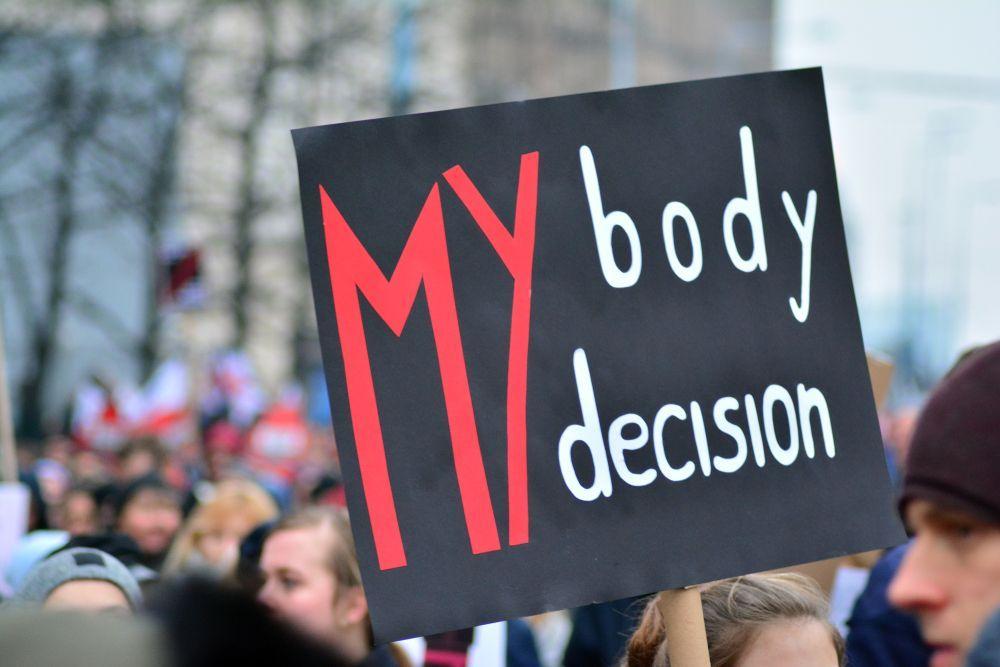
Despite abortion being illegal in Korea for over 66 years, many still induced or received illegal abortions, which can be dangerous and costly. According to surveys, 1 in 10 sexually active women have had an abortion before, while 1 in 5 pregnant women have previously had an abortion.
Although there are many reasons for choosing abortion, a few of the main reasons people site is that pregnancy will hinder school or work, not wanting children, and financial instability. There are also, of course, abortions sought in cases where there is a pregnant minor or when there is a pregnancy that results from rape or incest.
When the topic came up for discussion this time, many women came forward to advocate for a woman's right to choose a safe and affordable abortion.
Controversy Over Women's Autonomy

Women are often expected to leave their job after giving birth and new mothers can have a hard time finding someone who will hire them since it is expected that women should be the primary caregiver. This forces women to sacrifice career seniority and advancement, which is not a choice that people make lightly.
Additionally, there is a lot of competition for the best daycares and nursery schools, with most wanting their children to go to a facility that will actually give them a head start, but it is hard to find an opening and tuition is not cheap.
More and more people in Korea are choosing to not marry or not have children even if they do marry, which has caused a decline in the birthrate year by year.
Surveys have shown that 75.4% of Korean women believe that the abortion crime law needs to be reviewed and revised.
An OBGYN who was on trial for performing an abortion claimed that the crime bill infringed upon women's autonomy and appealed to the Constitutional Court.
Although many women are in favor of the decriminalization of abortion, there are still many people who oppose it.
Most people who disagree say their reason is that they believe that every life is precious, even the unborn.
Some say that there should also be better sexual education to help prevent unwanted pregnancies to begin with. Their stance is that the abortion ban should remain in effect, and instead the first step should be to introduce a comprehensive sex ed program and promote safe sex and contraceptives, observe the changes, and then later decide whether or not to repeal the ban.
It is not totally clear what the future of abortion in Korea is going to look like, but it is clear that it is a very sensitive topic for most people, as so many have somehow been affected by abortion and abortion laws.
Most recently, Kim Seon-ho's ex-girlfriend's accusations, whether true or not, have put this controversial issue in the spotlight again as many argue back and forth about whether it should or should not be legal or what legislation there should or should not be.
Book all things trending in Korea on Creatrip! If you have any questions or concerns, please leave a comment below or send us an email at help@creatrip.com! You can follow us on Instagram, TikTok, Threads, and Youtube to stay updated on all things Korea!




